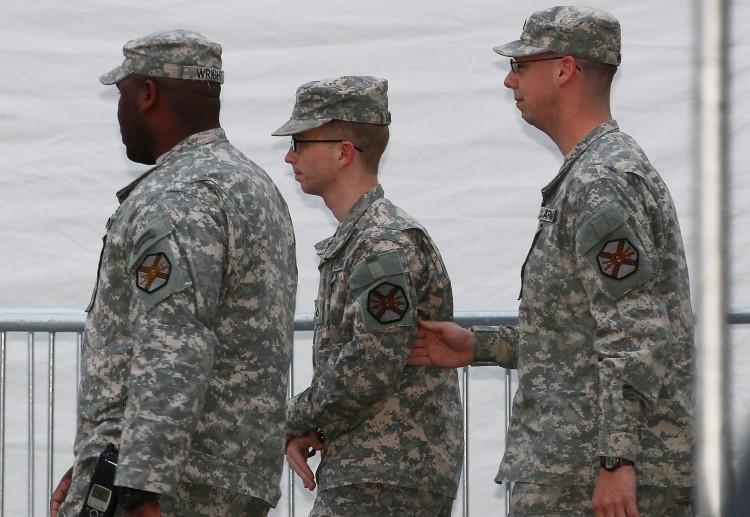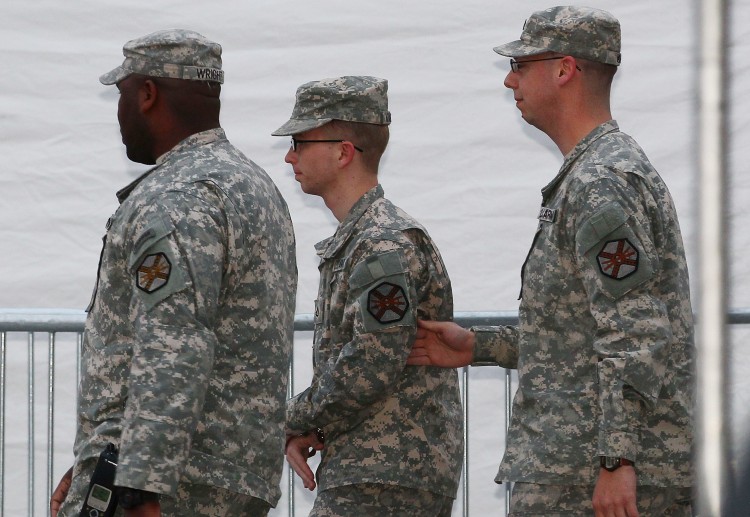Army intelligence analyst Bradley Manning was at his wit’s end. He felt he had nobody to turn to, nobody who would listen, and nobody who would accept him. It was in this state that he turned to Julian Assange, founder of information-leaking website WikiLeaks.
Manning is now on trial for allegedly providing Assange with hundreds of thousands of sensitive documents. Yet his mental state at the time could be the deciding factor for his future.
“I don’t believe Bradley Manning was coerced in the traditional sense, but when you have someone who has been lonely much of their lives and all of the sudden they are getting approval from a source they subjectively respect—in this case, Julian Assange—the threat of losing that approval, that attention, is in its own way a form of coercion,” said Adrian Lamo, the hacker who turned in Manning, in an earlier interview.
Lamo will testify at the hearing. Last year, in an interview with The Epoch Times, Lamo believed Assange used Manning to meet his own ends, and leveraged Manning’s vulnerable state in doing so. He could not be reached to confirm whether he still holds this perception.
Manning’s preliminary hearing is being held at an Army installation outside Washington. Final arguments in the case are expected Dec. 21, after which a military officer will decide whether Manning should be court-martialed. He would face a life sentence in military prison.
Lamo referenced the series of conversations he had with Manning, noting “In one of the logs, Manning refers to himself as a high-profile source. You have to ask, where did he get that particular impression? It would have been imparted onto him. Someone, probably Assange, would have told him one day the value of his work, and continued to reinforce that.”
When the intelligence community looks at a person’s motives for spying or leaking sensitive data, like Manning allegedly did, they categorize them into four areas: money, ideology, compromise, and ego (MICE).
According to Lamo, what Assange gave Manning was ego, the “e” of MICE—something he was desperate for. No response was received from questions e-mailed to Assange, regarding the accusations.
Just prior to his arrest in June 2010, Manning reached out to Lamo, who he believed “would possibly understand,” as he stated in the online conversation, which was obtained by Wired magazine. That conversation is one of the main pieces of evidence in the case, since it contains Manning admitting he provided files to Assange, including the Iraq war reports and State Department cables.
But Manning also confesses his emotional and mental state at the time.
“im pretty reckless at this point,” Manning wrote. “but im trying not to end up with 5.56mm rounds in my forehead.”
“im honestly, scared … i have no one i trust … i need a lot of help … i dont know if i can rebuild from here,” Manning wrote.







